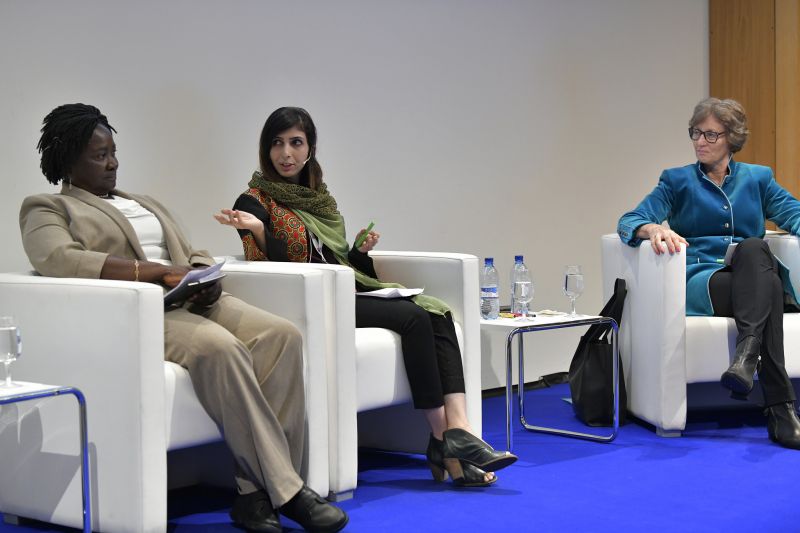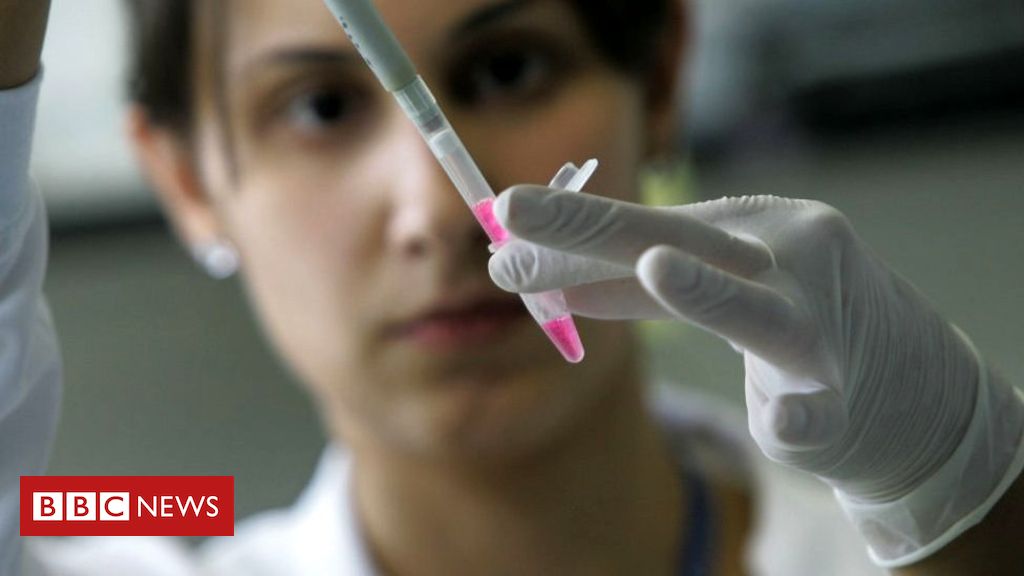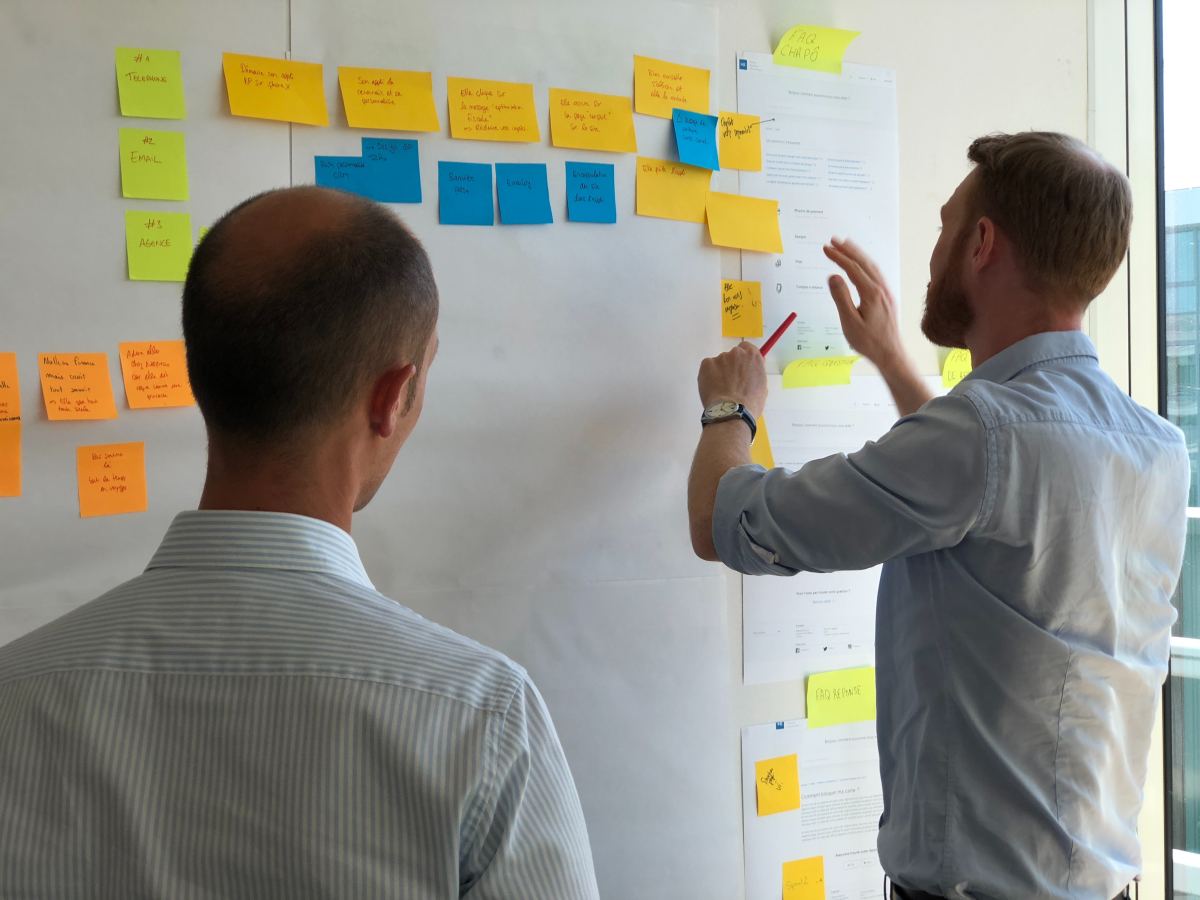Send us a link
Make Science PhDs More Than Just a Training Path for Academia
Science PhD programmes cater almost exclusively to students bound for academia, but they don't have to.

Geologist's Sacking Prompts Outcry
Researchers say that Irina Artemieva's dismissal from the University of Copenhagen runs counter to international academic standards.
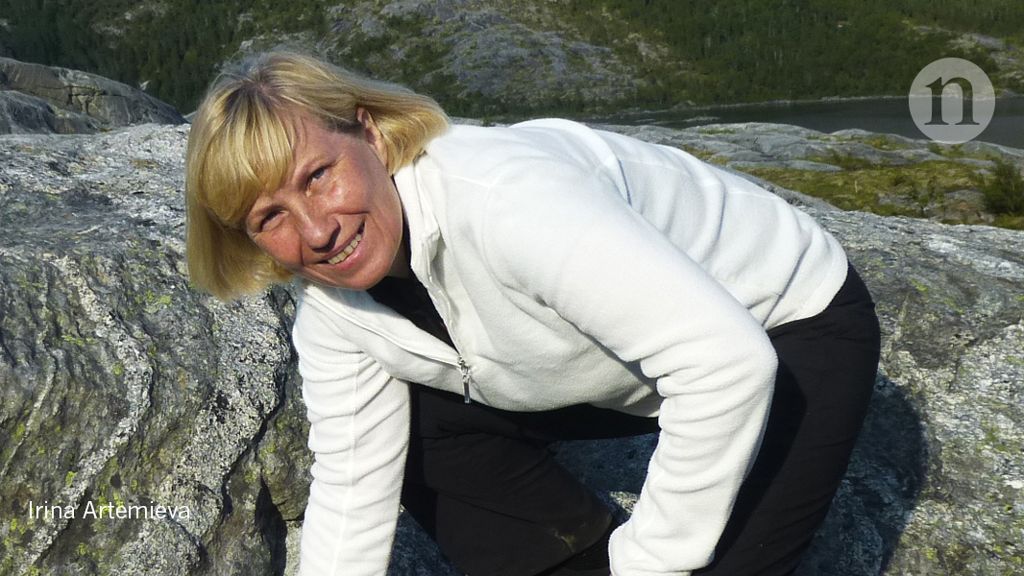
Scientists Who Leave Research to Pursue Other Careers in Science Are Still Scientists
Filling in the Gaps: The Interpretation of Curricula Vitae in Peer Review
A study of the use of curricula vitae for competitive funding decisions in science suggests that bibliographic categories such as authorship of publications or performance metrics may themselves come to be problematized and reshaped in the process.

Council of Graduate Schools Data Show There's No One Way to Use a Doctorate
New data shows that many Ph.D.s switch jobs and employment sectors in their early careers and even into midcareer. So Ph.D. programs should help students navigate job opportunities and understand the value of their degrees across sectors.
It's OK to Quit Your Ph.D.
Former students recount their experiences dropping out.

'It's Cut-throat': Half of UK Academics Stressed and 40% Thinking of Leaving
Frequent rejection and a loss of control are making university staff isolated and ill, new research shows

Colleges Are Getting Smarter About Student Evaluations. Here's How.
The surveys are rife with bias, and educational and legal considerations are upping the pressure to change them and maybe even eliminate them.
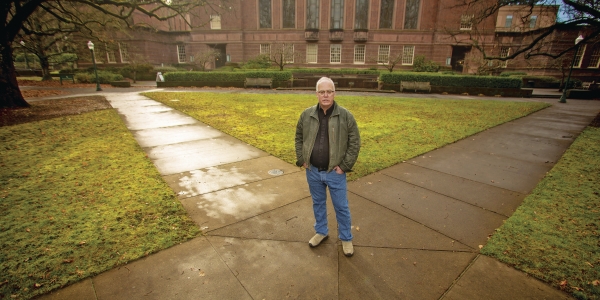
Expert Advice on How to Prepare a Perfect Funding Application
Expert advice on how to prepare a perfect funding application
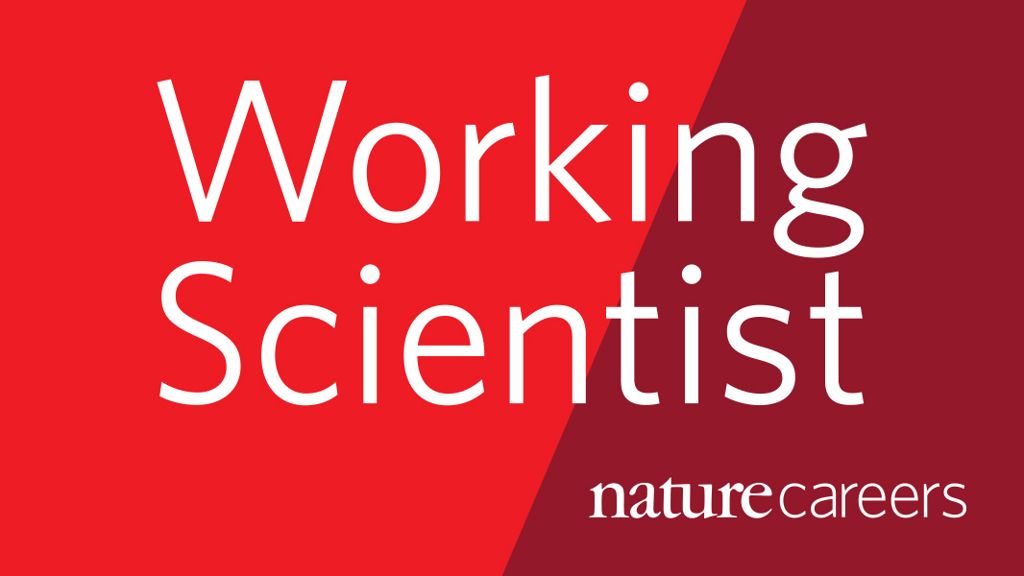
End 'Plan B' Talk About Jobs Outside Academia, Says Minister
Improving the culture surrounding mental health for postgraduates and PhD students also crucial to maintaining a healthy research system.
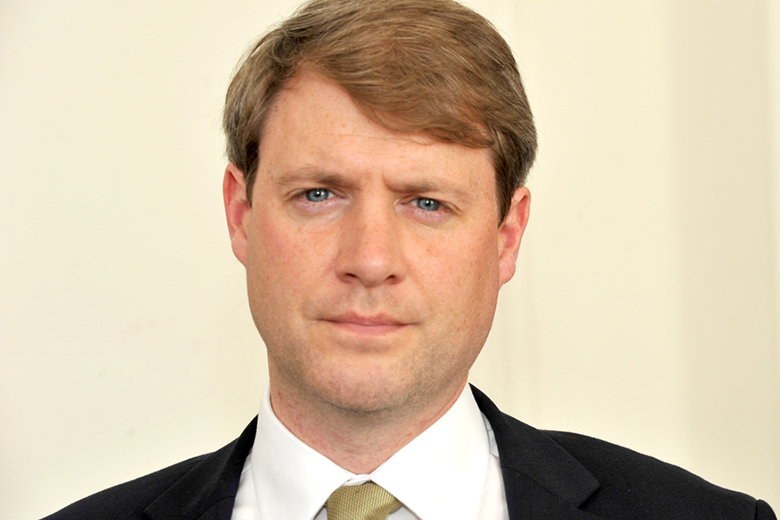
No Amount of Open Access Will Fix the Broken Job Market
Open access has always been promoted for its reputational benefits. The OA citation advantage is one way in which advocates try to convince researchers of the benefits of publicly sharing their work. But researchers are also motivated by the need to publish in prestigious and ‘high-impact’ venues, which often precludes the possibility of open access forms of publication.

Think You Can't Negotiate Your Job Offer or Postdoc Position? Think Again
Think You Can't Negotiate Your Job Offer or Postdoc Position? Think Again
Advice for early-career researchers from a negotiation expert.

Ten Simple Rules Towards Healthier Research Labs
Although there is growing concern about the urgent need for a better life-work balance when doing science, there are not many examples about how this could be achieved in practice. In this article, 10 simple rules are introduced to make the working environment of research labs more nurturing, collaborative, and people-centered.
Ten Reasons to Move to Germany As a Researcher
Why Germany is becoming a career destination for many researchers.

Science Should Be More Helpful to New Parents
We need paid leave so young researchers can start families without abandoning STEM careers.
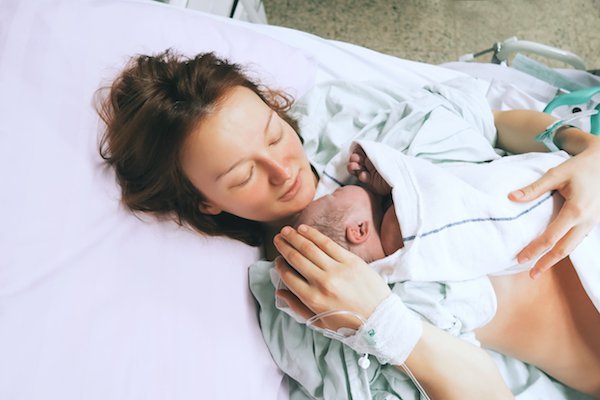
EPFL and ETHZ Introduce a Joint Master's Degree in Cyber Security
The two technical universities have teamed up to offer a new Master’s program that will train cyber security engineers. The program will kick off in the 2019–20 school year.
The Life of P.I. - Transitions to Independence in Academia
The Life of P.I. - Transitions to Independence in Academia
The data in this report summarises the responses gathered from 365 principle investigators of academic laboratories, who started their independent positions in the UK within the last 6 years up to 2018. We find that too many new investigators express frustration and poor optimism for the future. These data also reveal, that many of these individuals lack the support required to make a successful transition to independence and that simple measures could be put in place by both funders and universities in order to better support these early career researchers. We use these data to make both recommendations of good practice and for changes to policies that would make significant improvements to those currently finding independence challenging. We find that some new investigators face significant obstacles when building momentum and hiring a research team. In particular, access to PhD students. We also find some important areas such as starting salaries where significant gender differences persist, which cannot be explained by seniority. Our data also underlines the importance of support networks, within and outside the department, and the positive influence of good mentorship through this difficult career stage.
Meta-Research: How Significant Are the Public Dimensions of Faculty Work in Review, Promotion and Tenure Documents?
Meta-Research: How Significant Are the Public Dimensions of Faculty Work in Review, Promotion and Tenure Documents?
An analysis of review, promotion and tenure documents from 129 US and Canadian universities suggests institutions could better fulfill their public missions by changing how they incentivize the public dimensions of faculty work.
Scientists Rally Around Vanderbilt Professor Whose Tenure Bid Appeared to Hit Roadblocks As Me Too Activism Grew
Nearly Half of US Female Scientists Leave Full-time Science After First Child
How to Use Twitter to Further Your Research Career
The social-media platform is often a tool for procrastination, says Jet-Sing M. Lee. But what else can it be?

